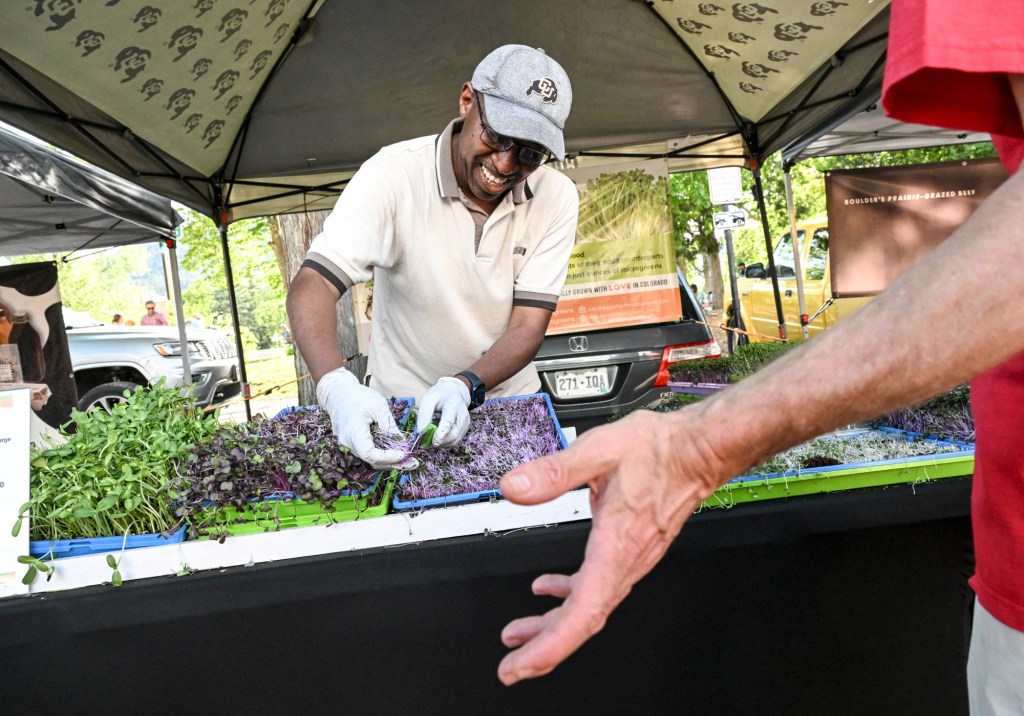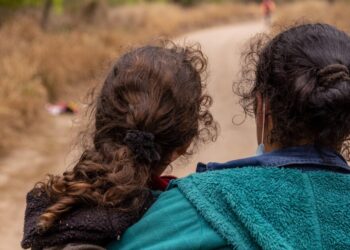A slice of the nearly $29 million that Boulder collected during the first six and a half years of a voter-passed soda tax has provided low-income residents with extra money to buy fresh produce from local businesses.
It’s one of many ways the city has directed revenue from that unusual tax to a range of programs focused on improving health equity in the community.
Maria Fraire, one of nearly 1,500 people across 370 families now enrolled in the Fruit & Veg Boulder program, has relied on the monthly stipend to sustain her vegan diet, typically shopping at Whole Foods. She’s been part of the initiative for about a year, receiving the maximum $80 per month toward produce purchases for her family.
“My breakfast is vegetables; my lunch is vegetables,” she said in Spanish. Originally from Zacatecas, Mexico, Fraire has lived in Boulder for almost 25 years.
Because of how expensive fresh produce can be, she said, “For me, (the program) helps a lot.”
Fruit & Veg Boulder is part of a broader Boulder County program that also serves Longmont residents. Enrollees must meet low-income thresholds; for a family of four, the household’s annual adjusted gross income should fall under $55,500. Residents of those cities can participate if they do not otherwise qualify for two federal food aid programs that assist low-income families and women who are pregnant or have young children.
The produce program fills a gap by helping, in part, undocumented immigrants and mixed immigration status families, or households with both U.S. citizens and people without legal status.
Program participants buy produce using paper coupons. Households made up of one or two people receive $40 per month, while those with three or more people get $80 per month.
The funding for Boulder’s part of the program comes mostly from the city’s sugar-sweetened beverage tax revenue, awarded by its Health Equity Fund, while Longmont draws on other funding sources. Boulder became one of the nation’s few…
Read the full article here







